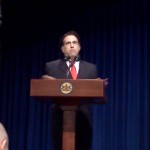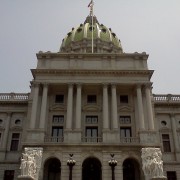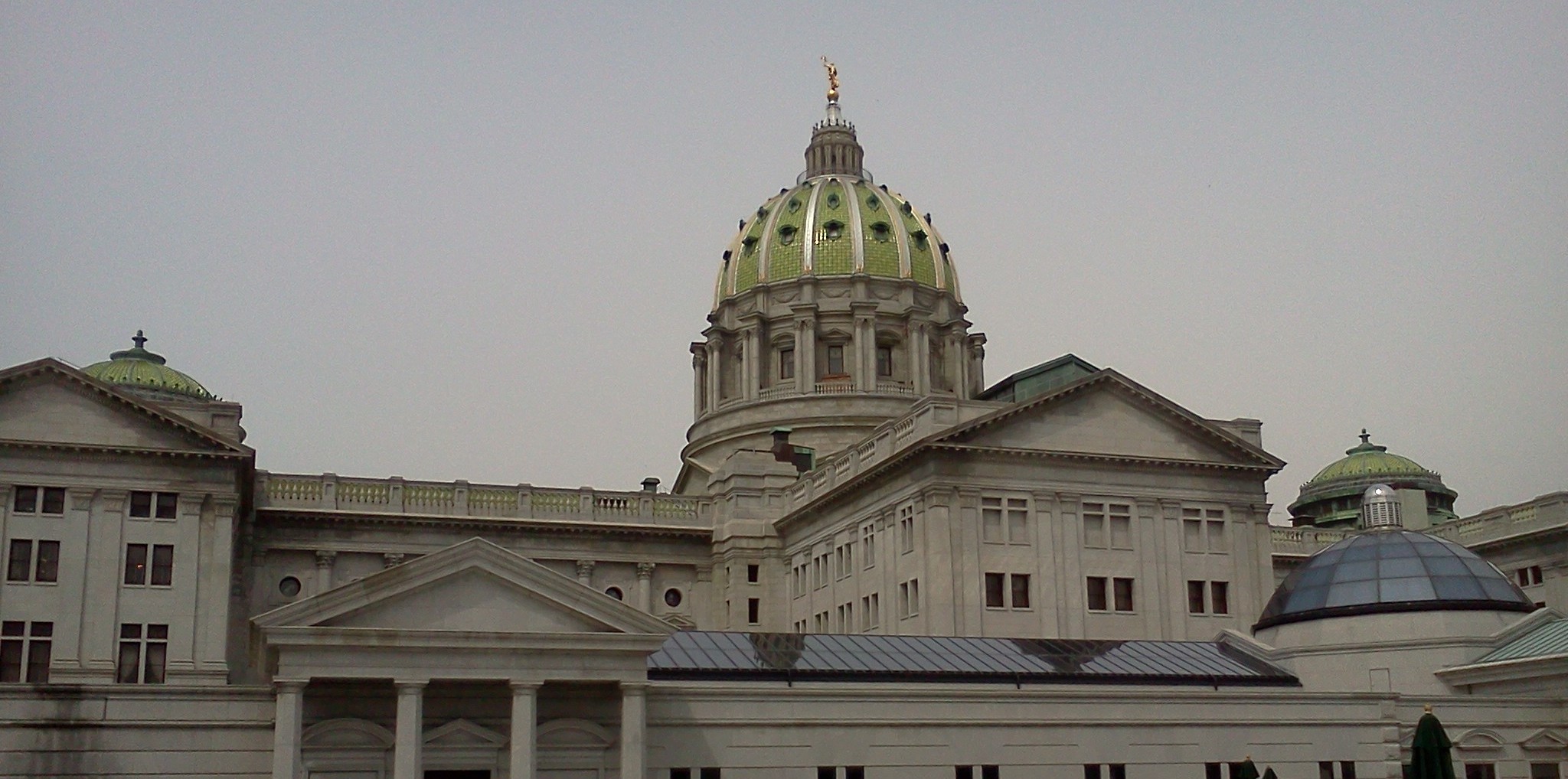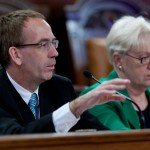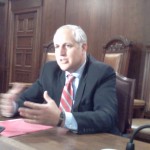“Ask the Governor” Comments Spark Firestorm
While discussing the state’s 7.9% unemployment rate on Radio PA’s “Ask the Governor” program, Governor Tom Corbett expressed concern that many employers can’t find qualified employees who can pass a drug test. The comments went viral in a matter of hours, with the Pennsylvania Democratic Party asserting that it’s just the latest example of Corbett blaming Pennsylvanians for the state of the economy.
Out-of-touch and insulting were just two of the words Pennsylvania Treasurer Rob McCord used to describe the comments in a statement released on Tuesday. “I talk with hundreds of business owners and business leaders every year and this has not been brought up to me,” McCord later told Radio PA of the drug test issue. “So I’m not sure that that’s a real issue, and it sounds like it’s a blame-the-victim distraction game.”
But Labor & Industry Secretary Julia Hearthway says employers across the state are sharing drug test concerns with her too. “It’s very difficult to quantify, but it’s certainly an issue that identifies one employment barrier that exists out there,” she explains.
For safety and insurance reasons zero-tolerance drug policies are often imposed in various industries, including manufacturing. “This issue is very real. The governor is absolutely right, and if anything I hope that this is a teachable moment for the public,” says Pennsylvania Manufacturers’ Association executive director David N. Taylor, “because I don’t think a lot of people – especially younger people – realize that by being recreational drug users they, in many instances, are rendering themselves unemployable.”
Taylor says there are 6,000 – 7,000 good manufacturing jobs for which employers can’t find qualified employees. While there are numerous factors driving that figure, he contends that failure to pass a drug test is absolutely one of them.






